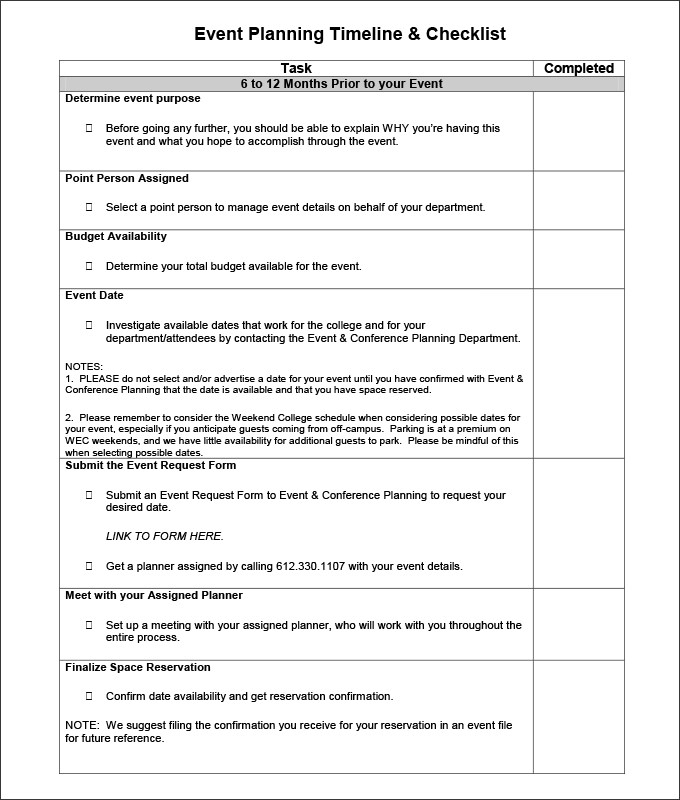Post Incident Debrief Template
My last several Firefighting-360 columns have focused on communications. Brett Eldredge Bring You Back Zip Download. The last part of an effective fireground communication cycle is the mission/task debrief. Debriefs are an essential part of learning, improving and identifying how human factors affect our actions at every incident. Firefighters were born to talk, and that’s how they should conduct a debriefing: listening and talking to each other in an open and frank manner. The discussion is conducted as soon as possible after the event, sometimes right there on the apparatus tailboard before the team leaves the scene.
I’m undertaking some formal education/simulation training this year, and have learned that giving feedback and running a debrief are highly. Critical Questions for a Successful Event Debrief. Enter the event debrief. Debriefing an event simply means asking a series of targeted questions about the event itself. Care strategies. All staff who are involved in providing care need the skills and confidence to manage challenging behaviour as it occurs, as well as strategies to. Post Incident Debrief Template Care strategies. All staff who are involved in providing care need the skills and confidence to manage challenging behaviour as it occurs, as well as strategies to prevent it in the long term.
This is where they can learn about their strengths and weaknesses, and create a clear vision of their future needs. Debriefing an incident or training event can also generate valuable lessons learned that can be institutionalized into future operations. Due to the tactical details and high risk involved, it has become common practice for special operations, hazmat and technical rescue teams to conduct debriefings immediately after their incidents. Because of the new challenges and risks involved in all of today’s incidents, emergency responders should perform some kind of a debriefing following every event. Debriefing Items Several items can be discussed when conducting a debriefing, but it all begins with evaluating the crew coordination: • Did the team practice good crew resource management skills (followership, leadership, decision making, situational awareness, etc.)? • Were there any deviations from the standard operating procedures (SOPs) or standard practices? • What were the unusual situations, either positive or negative, and how were they handled?

• Was the workload management rushed, overloaded or confused? • Were there any personnel conflicts or differences in expectations? Cosmigo Pro Motion V4 7 Rar. • Were there any maintenance discrepancies?
Advanced Email Extractor Pro 2.71 Crack. All of these items, and possibly more, should be addressed in an open and non-confrontational fashion. [Native Advertisement] Rules of a Debriefing The first rule at a debriefing is that everyone must check their feelings at the door. All team members, especially the leaders, must be comfortable talking about errors they might have made.
Human error is a fact of life. We all make mistakes, and there is no process or event, when the human element is involved, that is free of them. But it just doesn’t make sense to continue making them; it’s better to talk about how we can improve. So everyone must be ready to stand up for their own mistakes and be willing to constructively talk about others’ mistakes. General Peyton C.
